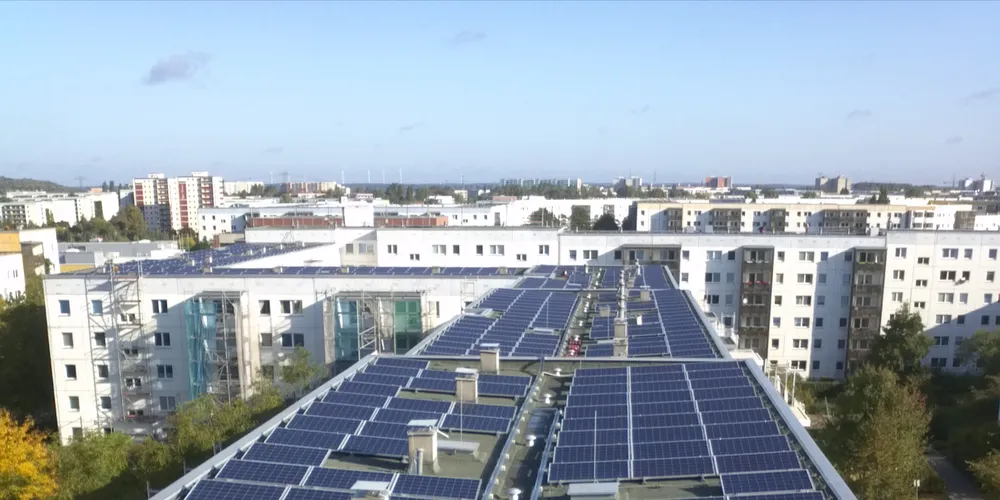400 EU firms call for end of China PV trade measures
SolarPower Europe and 403 companies from all EU member states have launched a new push for the lifting of the minimum import price (MIP), anti-dumping and anti-subsidy measures from China imposed by the European Union.
